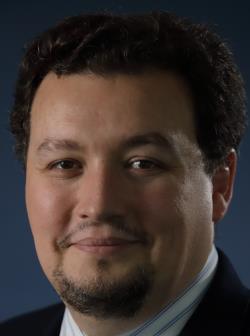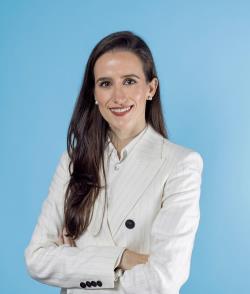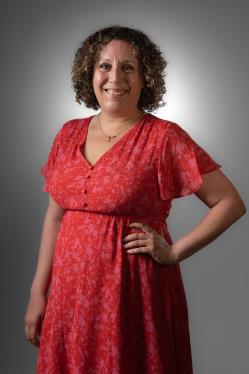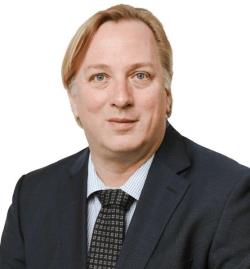How a growing space ecosystem can be better leveraged to achieve the SDGs?
International Telecommunication Union
Session 475
Space innovation as a lever for sustainable development
Satellite technology is now very often quoted as having a crucial role to play in providing connectivity and bridging the digital divide.
The Plan of Action adopted at the end of the first session of the World Summit on the Information Society (WSIS) in December 2003 was already recognizing this role by calling “to develop and strengthen national, regional and international broadband network infrastructure, including delivery by satellite and other systems, to help in providing the capacity to match the needs of countries and their citizens and for the delivery of new ICT-based services”.
Since 2003 however, thanks to innovations from the satellite industry in various areas ranging from the use of lower orbits to the ability to seamlessly integrate with terrestrial systems or to the creation of entirely new markets, satellite applications have considerably evolved and morphed into a distinct space ecosystem. The session will feature two companies offering such new services.
But all these initiatives and innovations are in vain if they can not be deployed, used and commercialized in a peaceful and stable environment. An expert from UNIDIR will provide the audience with a panorama of the space security issues and a lawyer with a long practice in space-related matters will explain how sound legal frameworks will be indispensable to foster the development of a true space economy.
While satellite technology was initially considered to promote the provision of global high-speed satellite services for underserved areas such as remote and sparsely populated areas, service innovations and new technologies now offer promises of the implementation of a comprehensive space ecosystem, who will offer more solutions to achieve the Sustainable Development Goals.
The session aims at providing the audience with:
- relevant successful cases of new satellite technology or innovative connectivity solutions,
- an understanding of potential security challenges posed by the growing usage of outer space,
- insights into the key legal challenges to create a true space economy.
Expected Outcomes:
- Enhanced understanding of innovative satellite technologies: participants will gain a deeper understanding of how diverse satellite technologies are, extending well beyond the large broadband connectivity satellite systems making the headlines of the specialized press and of how they can play a critical role in achieving the SDGs.
- Better appreciation of the future security and legal challenges: attendees will learn about constraints and changes framing the space ecosystem now and in the next decade.





-
 C2. Information and communication infrastructure
C2. Information and communication infrastructure
-
 C4. Capacity building
C4. Capacity building
-
 C11. International and regional cooperation
C11. International and regional cooperation
-
 Goal 9: Build resilient infrastructure, promote sustainable industrialization and foster innovation
Goal 9: Build resilient infrastructure, promote sustainable industrialization and foster innovation
- Objective 1: Close all digital divides and accelerate progress across the Sustainable Development Goals